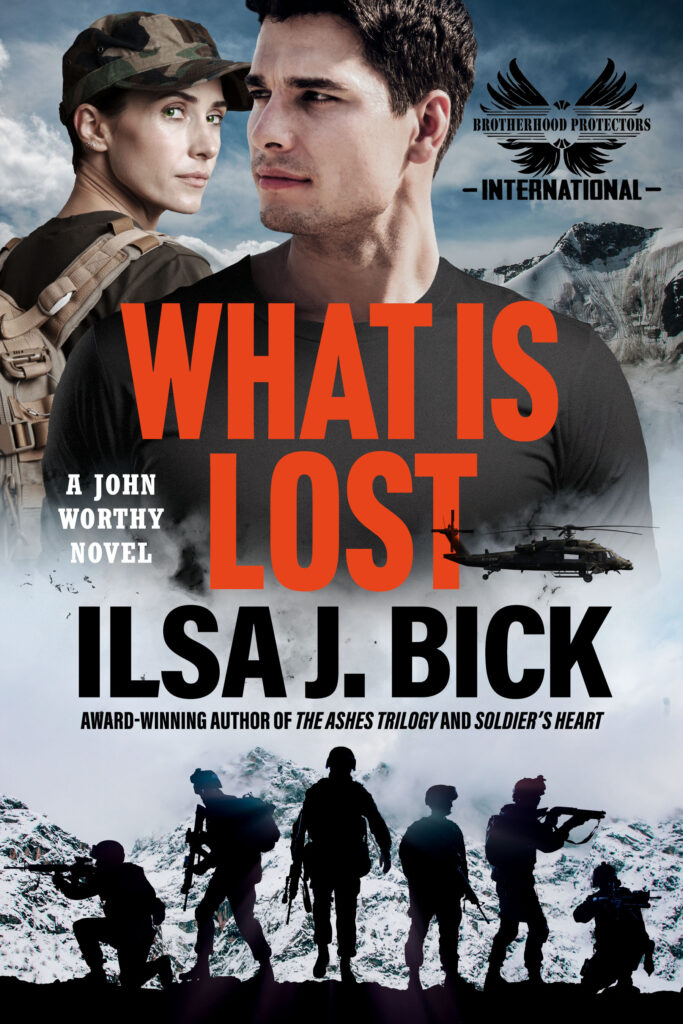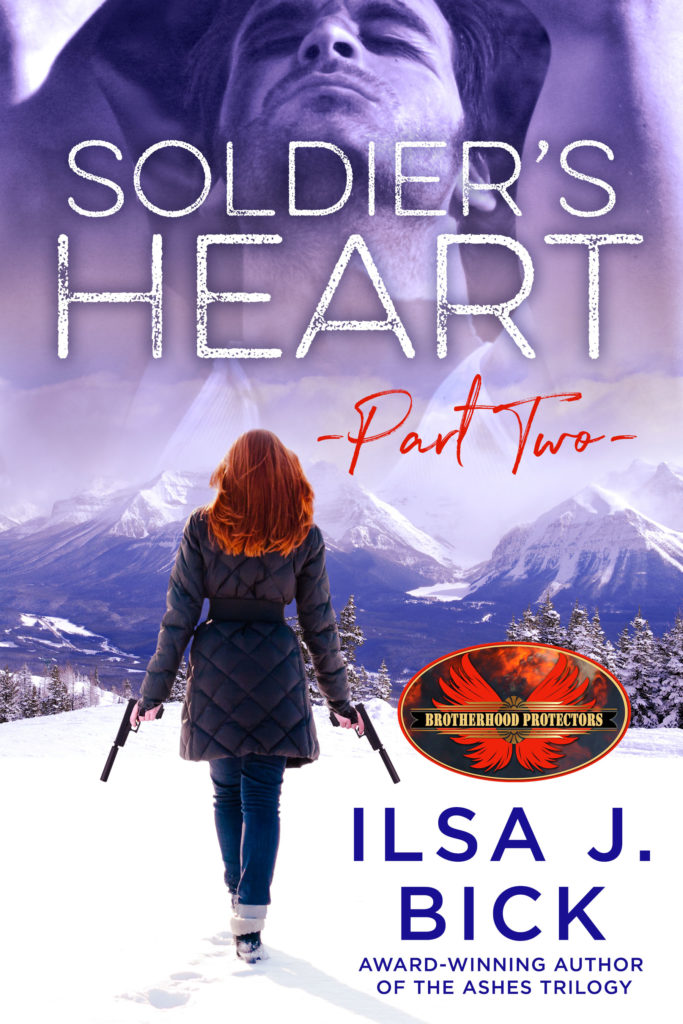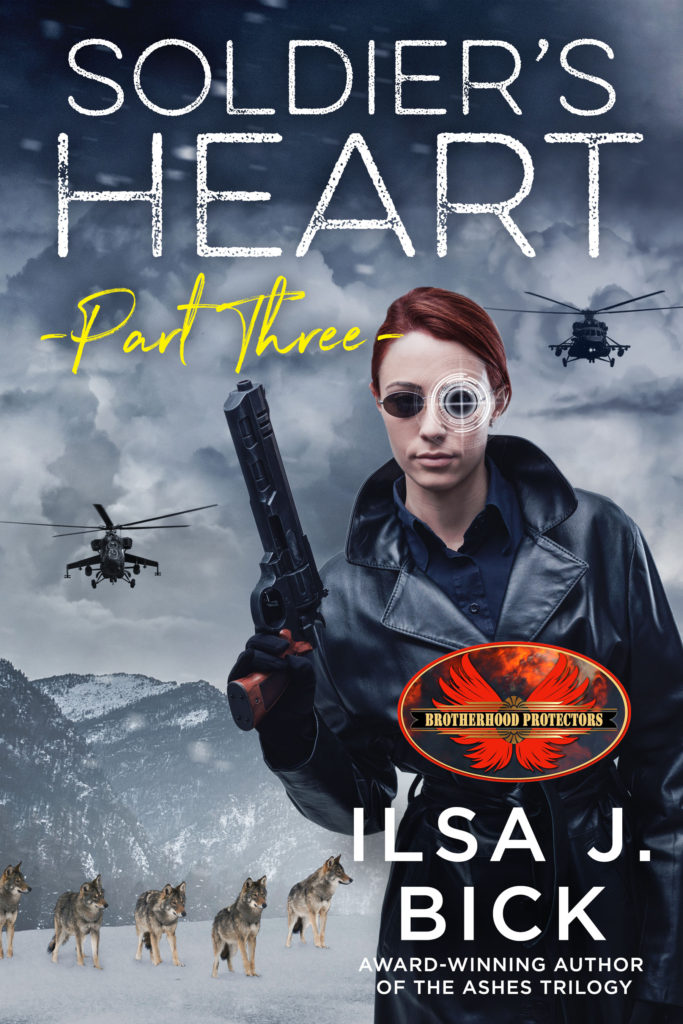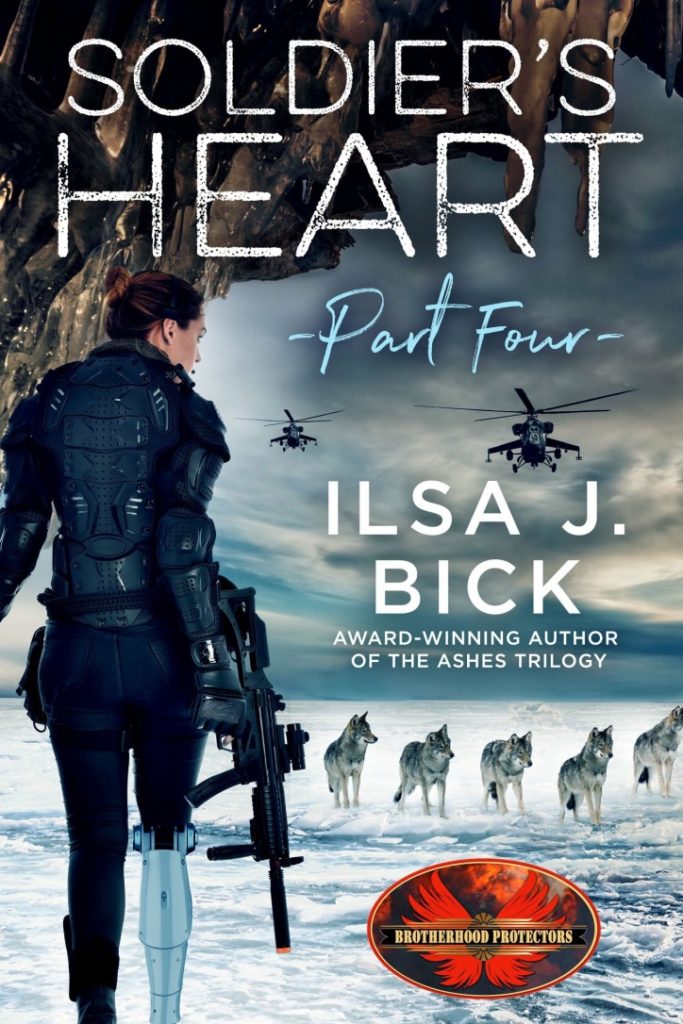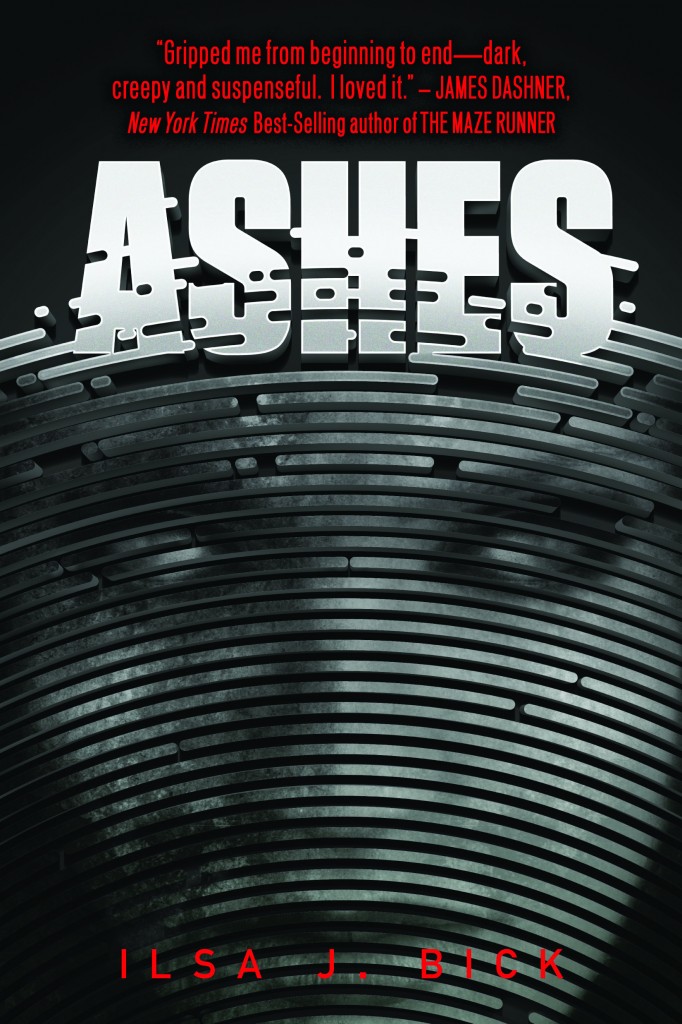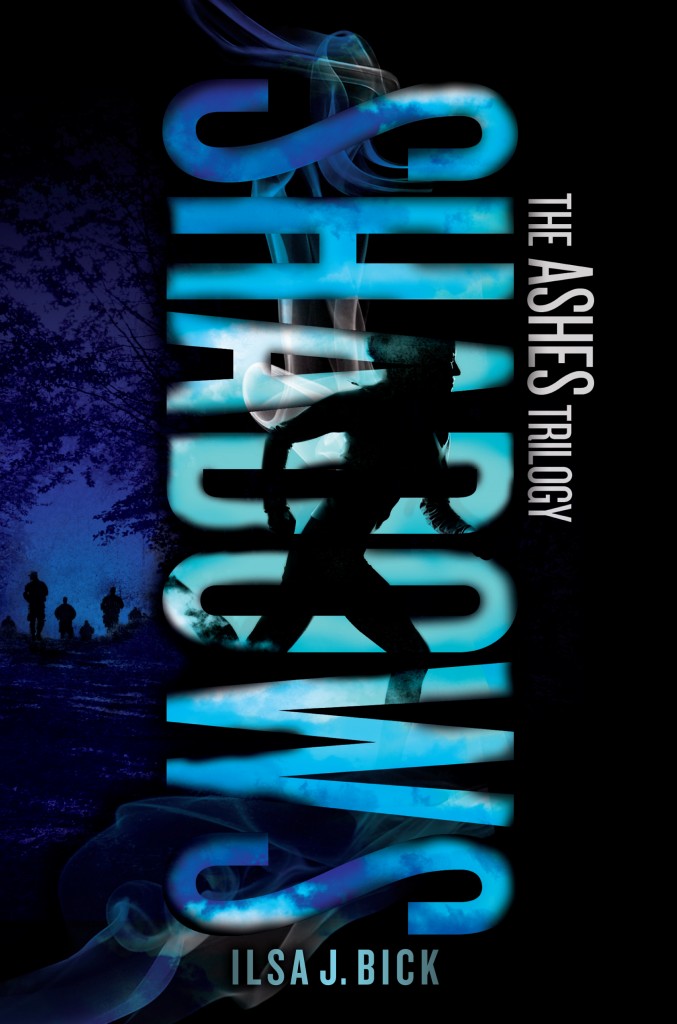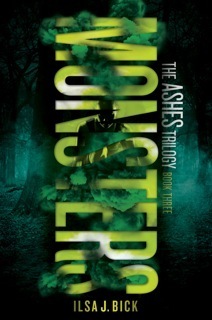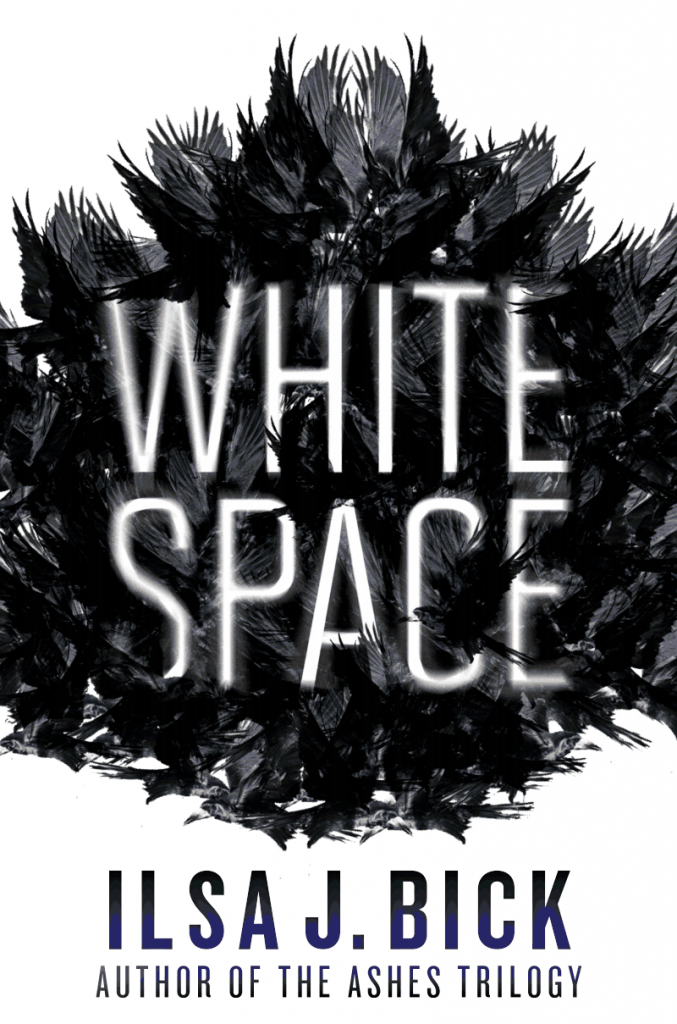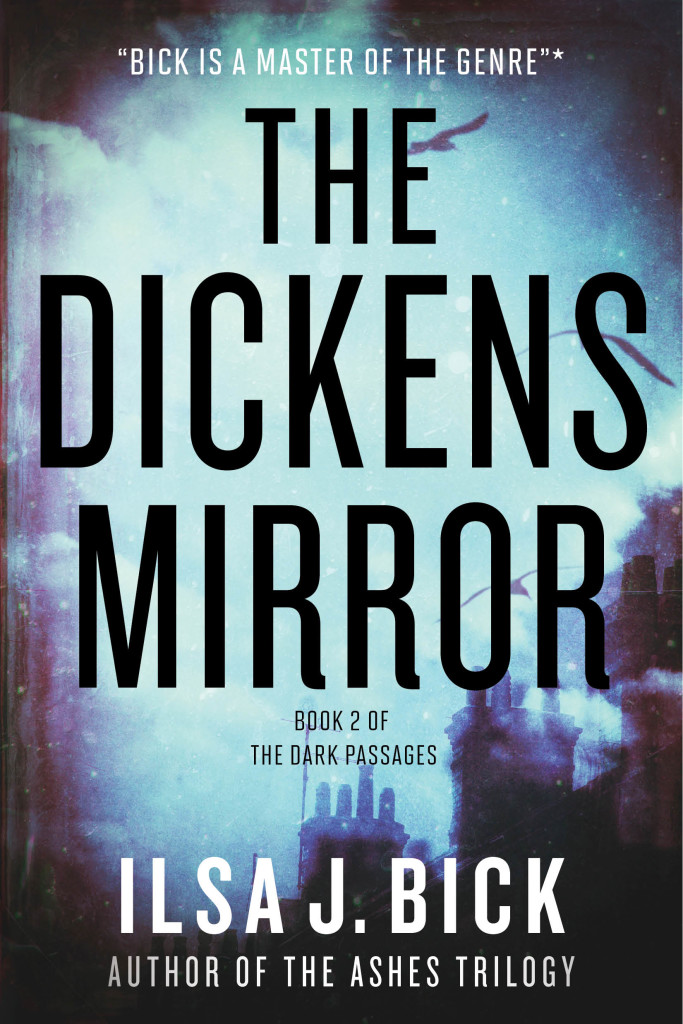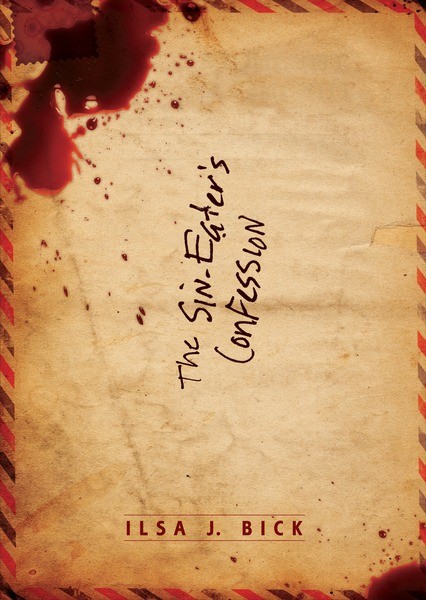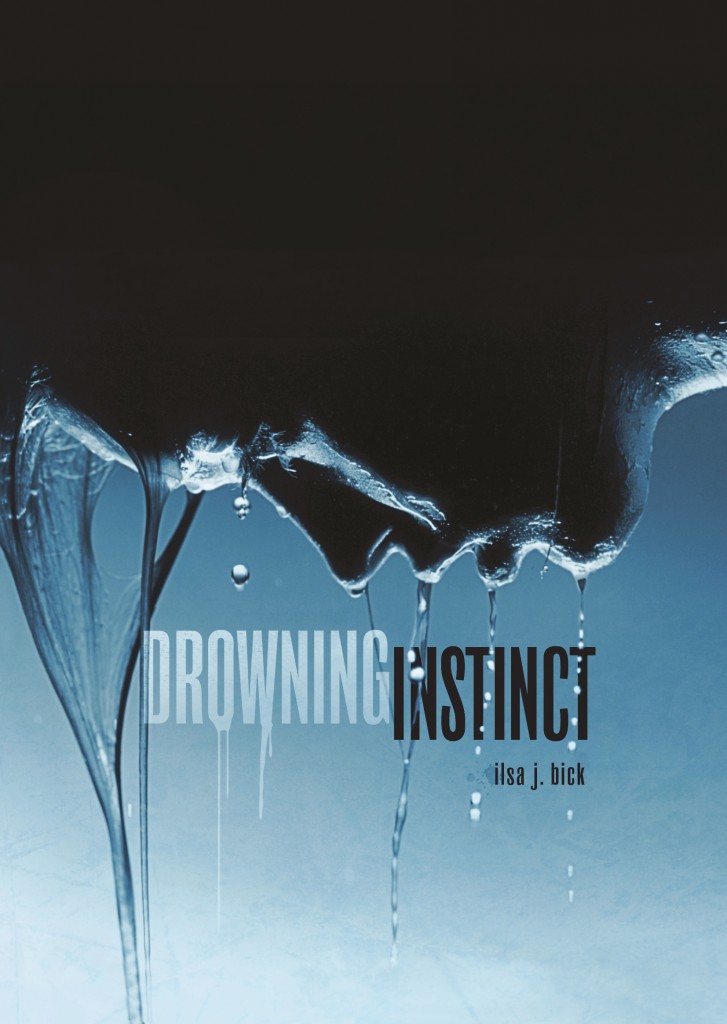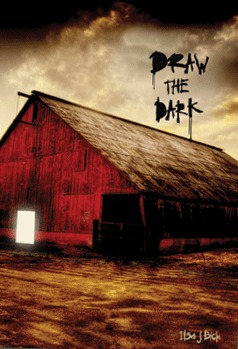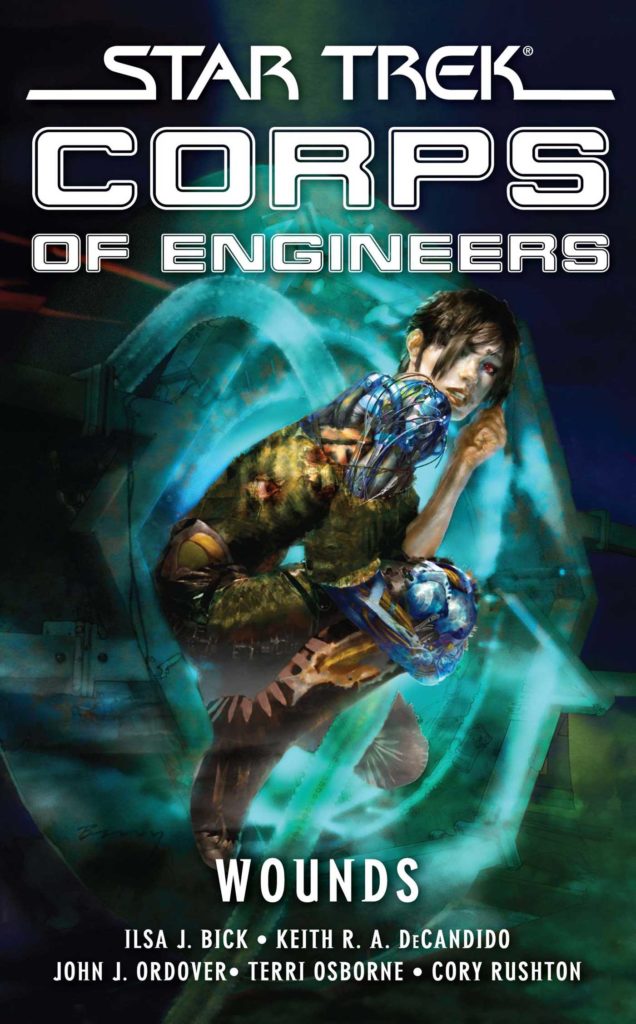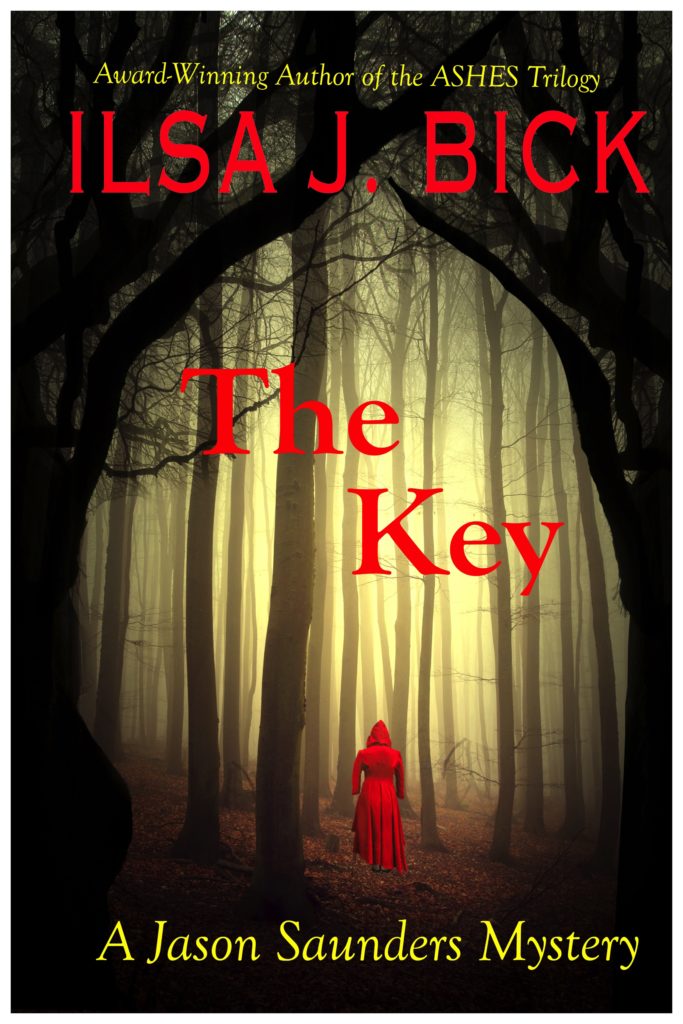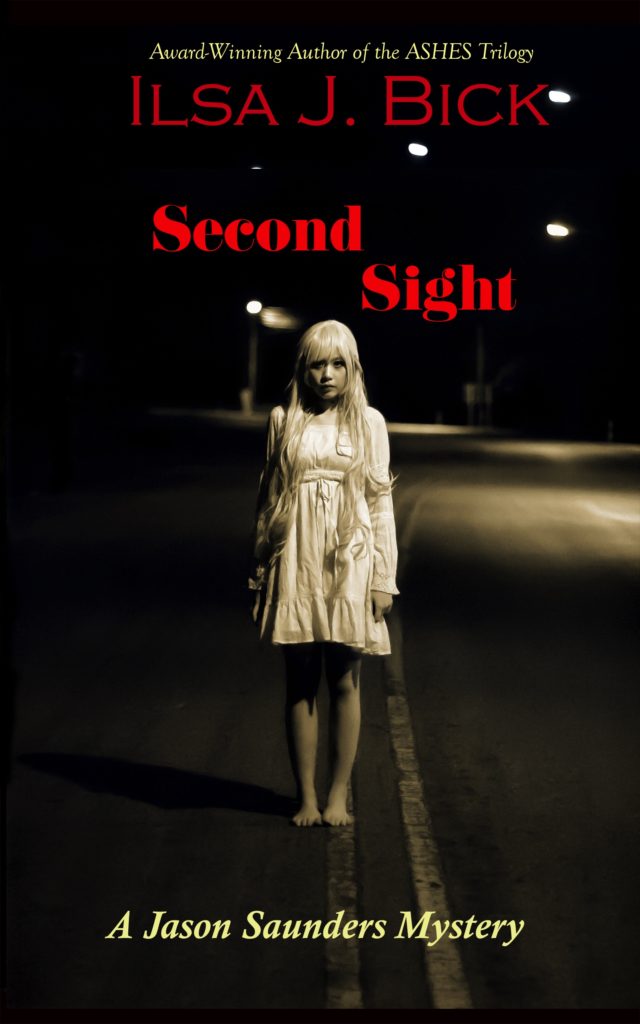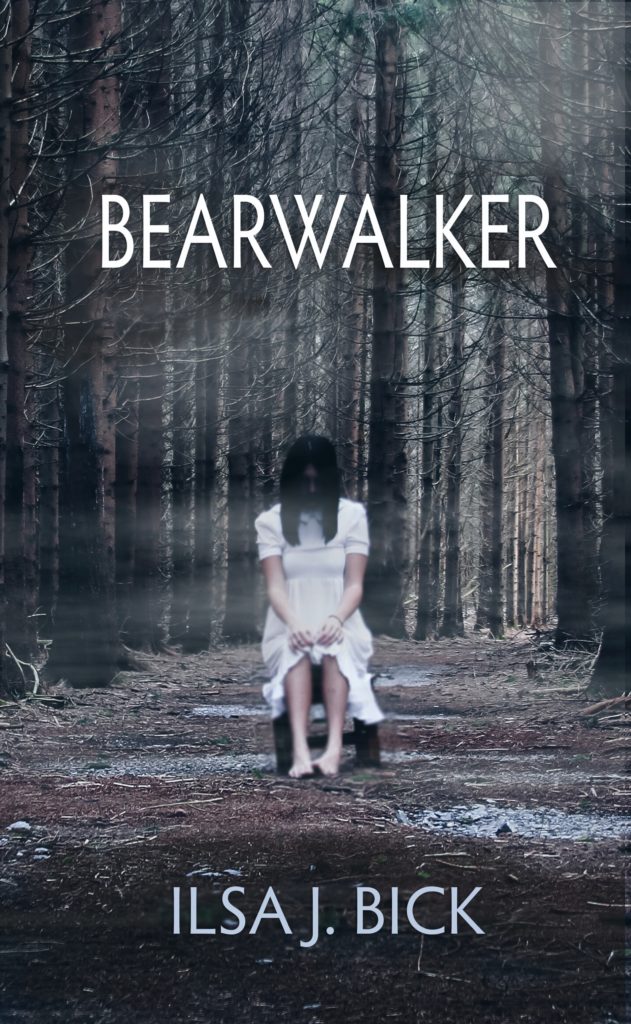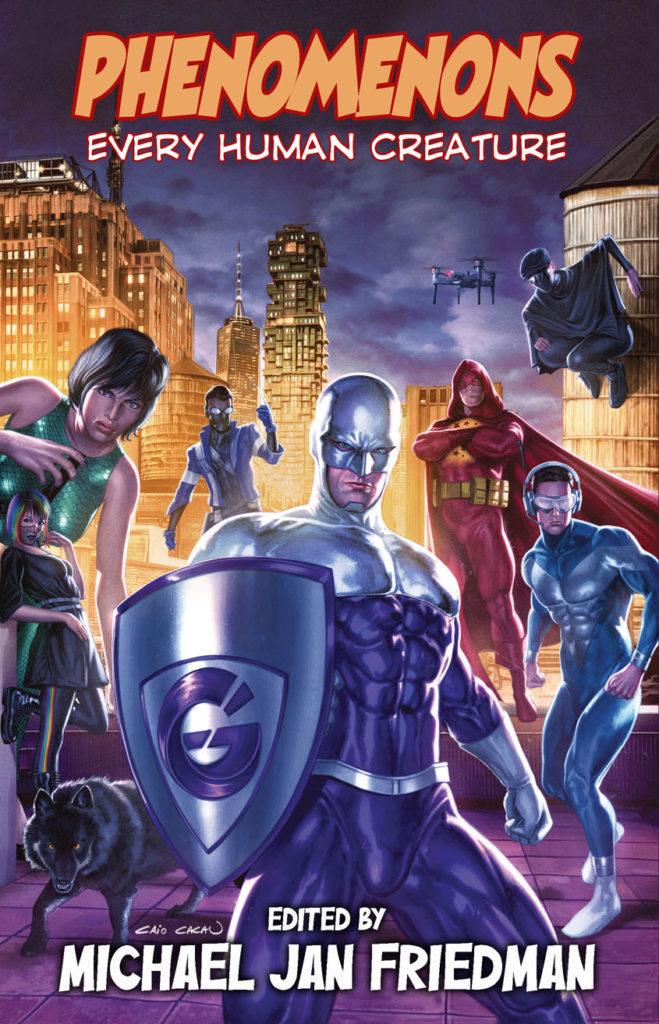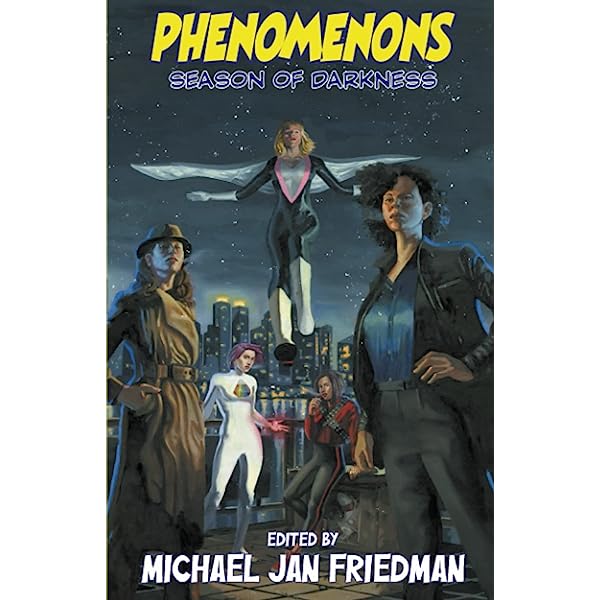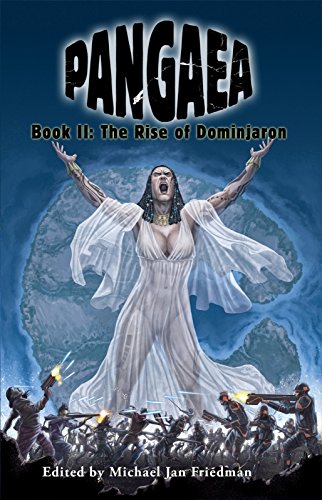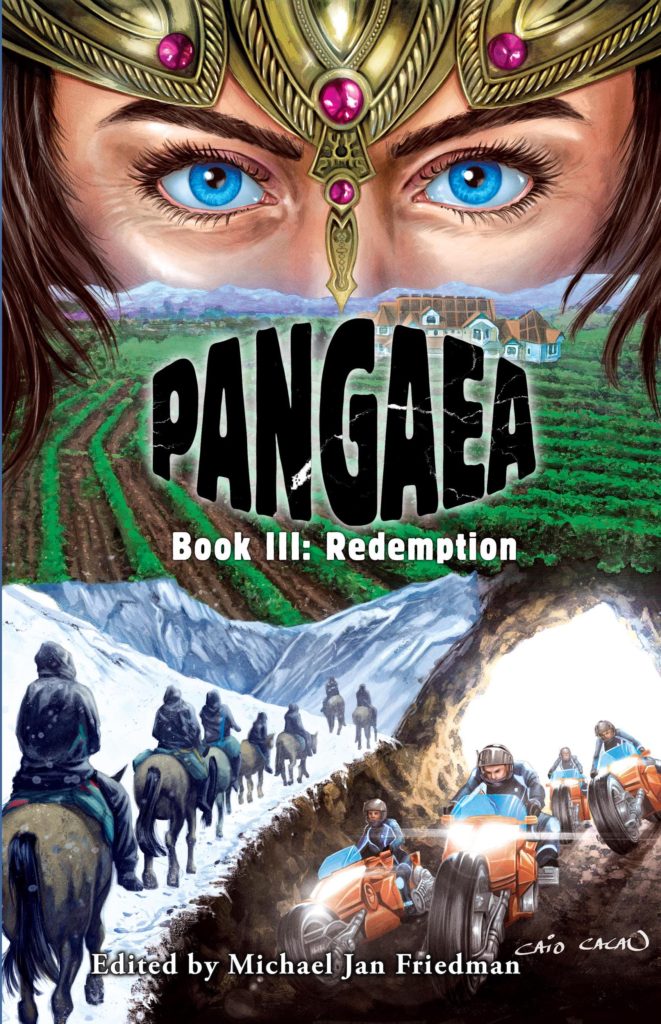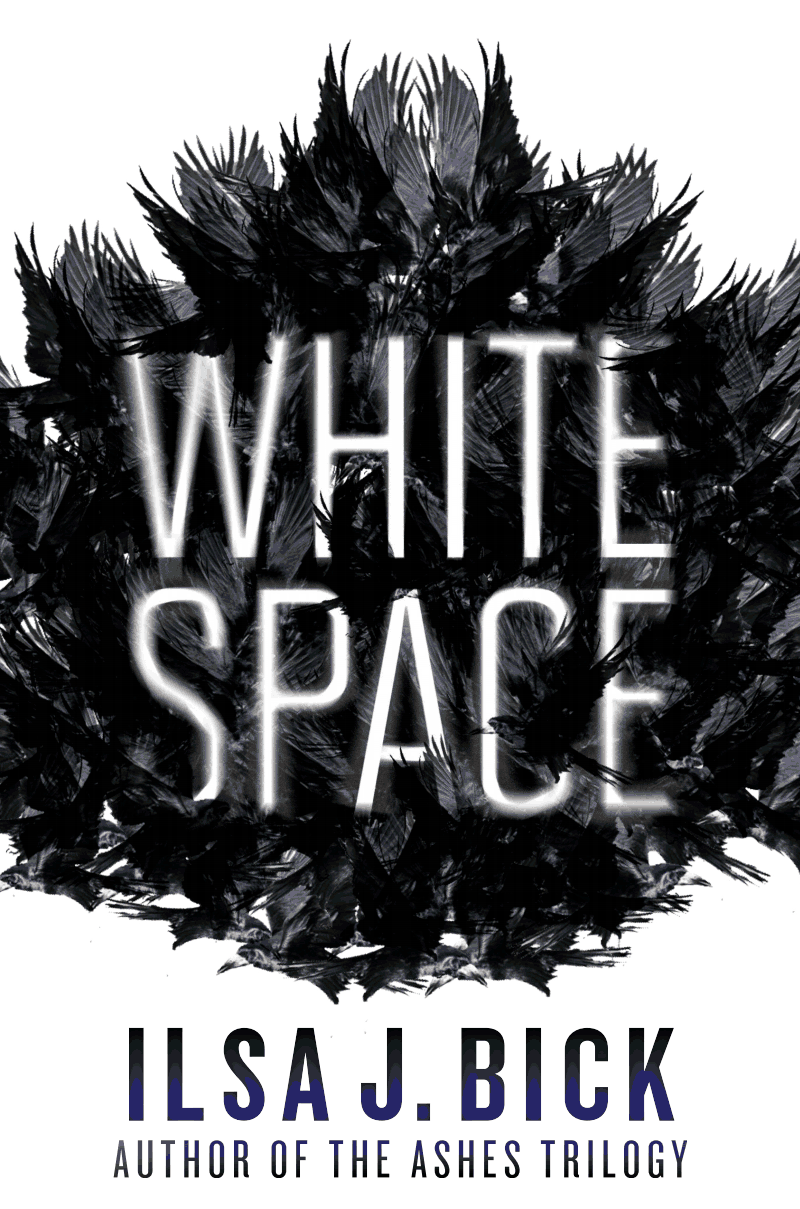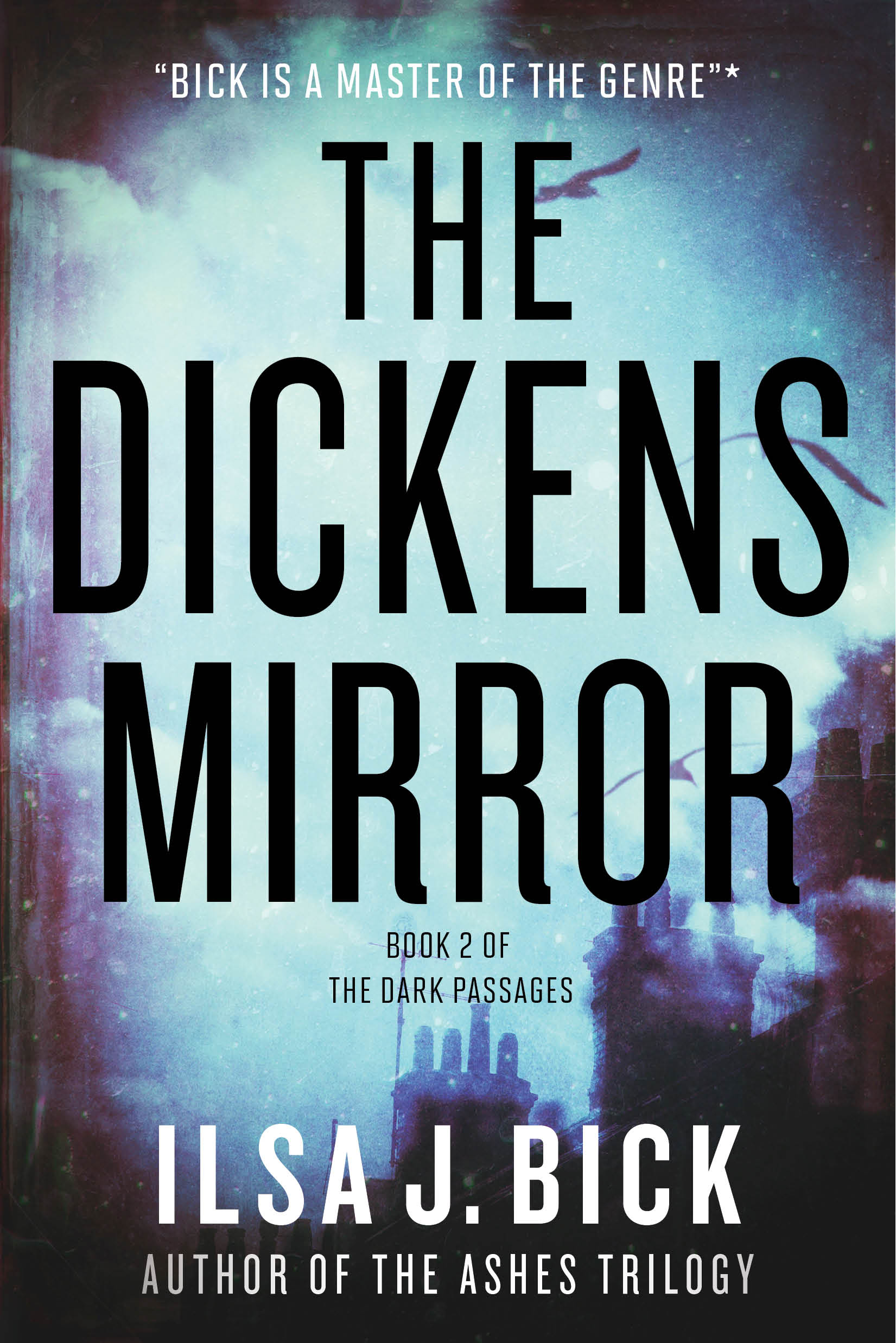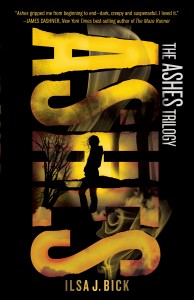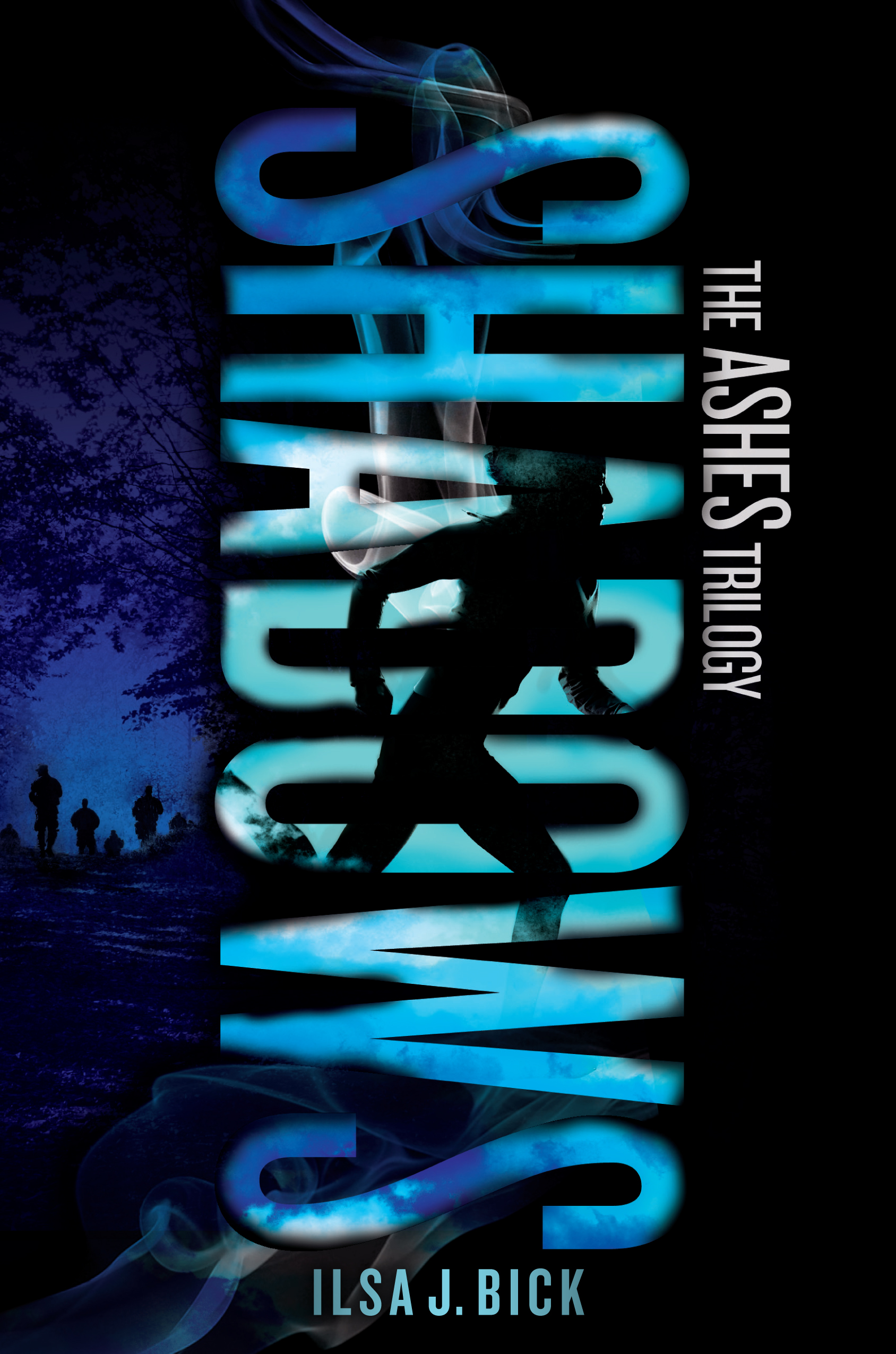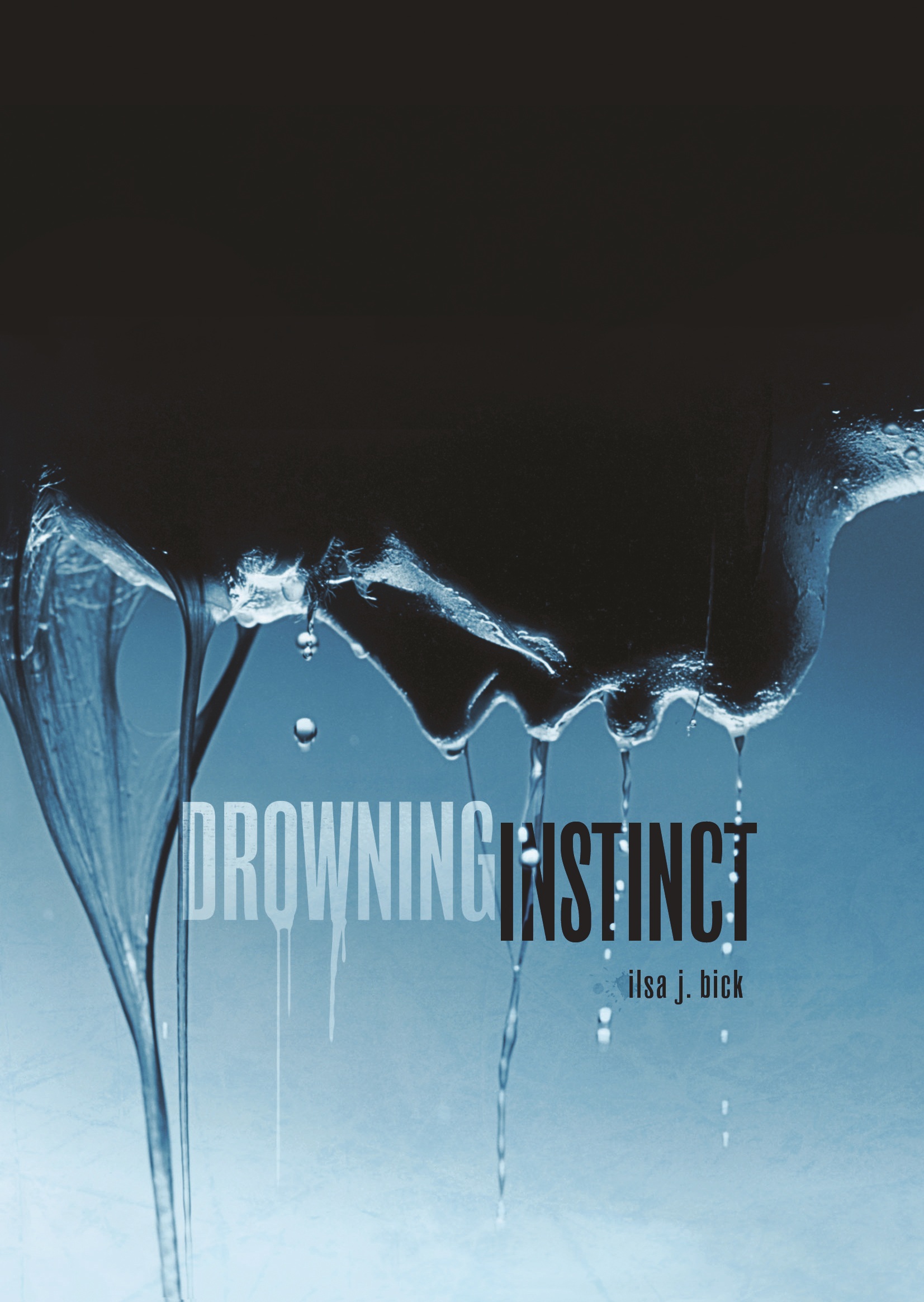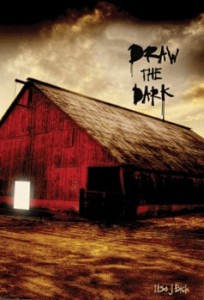So I’m in the worst time of all: the time between when I have finished one project but not yet begun the next. Oh, I have vague ideas, but they’re a jumble–just this inchoate mass that leaves me feeling all prickly inside and antsy and dissatisfied. Honestly, I just hate my brain right now.
Part of the problem is I have to let go of the book I just finished, which is hard to do when you’ve lived it–in every sense–for the last few months. Living a book is both absolute torture and the most magical kind of obsession that stirs up all kinds of interesting feelings. It’s the same reason why I can’t talk about what I’m writing as I do it. It’s hard to explain–if I understood it, I would definitely tell you–but when I’m developing an idea, I hate talking about it because putting it into words, trying to translate the feelings I have into something that can be understood–especially when the ideas aren’t very logical–feels like it drains all the vitality from what I’m thinking. Now, coming from a shrink, that sounds dumb, but hear me out. When I LISTEN, especially to myself, my critical, analytical mind frequently kicks in to pick apart the logic. That is absolute death to creativity because then I’ve put myself on the couch. Part of the goal of analysis or any therapy is to rid ideas of their emotional valence. That is, if you’re having problems, spelling them out, looking at them from all the angles, is a way of helping you not act on the emotions without understanding where they’re coming from.
Well, I don’t want to kill all those feelings. Those feelings drive the narrative. So I won’t talk about a book until I’m good and deep into it–when I know that talking a little bit about it won’t drain away the energy.
Right now, though, I’m trying to organize all this in-between energy–the prickly uneasiness I get when one book is done, the next one still just a formless mass, and me casting around for something to bloody DO. Usually, I write a short story in between books, just because. Good practice.
I know writers who can make the switch from working on a novel to banging out a short story on a weekly basis. Me, I’m either obsessive or inflexible, or both. I can’t switch mental tracks like that because I’m so involved in hanging onto the people I’ve created in my head, I worry that I’ll lose track of them if I allow myself to become obsessed with other people in a different story–which is easy for me to do. When I throw myself into writing, I dive into the deep end and I’ll stay there until the darned thing is done.
Occasionally, derailing myself works out. I remember having to break off from one book because an anthology editor popped into my inbox with a request for a short story–and I’m certainly not going to refuse 😉 So, for four days, I lived that story: a day to think of it and three to bang it out, tune it up, send it out. I thought the story, “Second Sight” (and, actually, it turned out to be VERY long, more like a novelette) went well. The editor liked it. LOCUS’s reviewer liked it even better. After that, I was able to jump back into my book and finish it–but that was the exception. It was just the right request at the right time and it helped that the story parameters–give me guidelines and I’m set–meshed well with the genre in which I was working.
For me, writing is like being an air-traffic controller. All the jets are lined up on the runway, but they have to go in an orderly fashion. My editor kindly called this my ability to compartmentalize–and I guess that’s true. I don’t tend to allow myself to get very scattered when it comes to writing–I’m not one of those “organic” writers who can just sit down and start working without a clue where I’m going–but I would suspect that this is the same quality that allowed me to handle the deluge of material you get when you go to medical school. For that matter, when you’re seeing a patient–whether it’s to do surgery or listen to their story or do an exam of any type–you proceed in an orderly fashion. Doctors are famous for their mnemonics, those little acronyms or sayings that allow us to remember important information. For example, I still remember this little ditty– C3,4,5 keeps the diaphragm alive–that clued me in on which cervical roots make up the phrenic nerve. (Here are some others.) All of medicine is like that: compartmentalized information organized into algorithms that you have to then bring together to form a useful picture of a patient’s symptoms.
That’s how I tend to approach writing, too. I get an idea that I research and organize and then develop into an outline. Along the way–if I know the kind of book I’m trying to develop–then I focus only on reading and/or listening to books in that genre. I keep my eye on the proverbial ball and don’t allow myself to get sidetracked. That doesn’t mean my brain isn’t hopping–it is–and even having done an outline doesn’t mean that I slavishly follow it. Used to do that in the beginning. In fact, I pretty much used to wrote the entire book in outline form. Like, we’re talking several hundred pages of outline, scene by scene, line by line . . . One editor joked that all I had to do was put in adjectives and I was done. This wasn’t far from the truth.
Now, though, with more experience and a tad more confidence, I think I allow myself to be a bit freer–to realize that what felt good in outline doesn’t work in terms of pacing or whatever, or just isn’t flat-out necessary. These days, once I’ve finished an outline, I almost never look back. Occasionally, I’ll check and remind myself where I was headed, but once I inhabit a work, my brain is on track and I need to let it go. I need to step out of my own way. There’s a time to be your own traffic cop and there’s a time to let the traffic just go where it will.
Just need to get out of my own way . . .
Right now, I’m working on figuring out what kind of short story I want to do. Almost there. Damn well better be. I keep going like this, my brain is gonna explode. Then I’ll write the story, send it and then get cracking on the next book.
All this is necessary incubation time. I get that. I just hate it when I’m living it.
Currently reading: The Best American Mystery Stories 2009 edited by Jeffrey Deaver and Otto Penzler
Bad Girls Don’t Die by Katie Alender
Currently listening to: When You Reach Me by Rebecca Stead (oooh, I wish I had a site like this . . . so much eye candy!)
